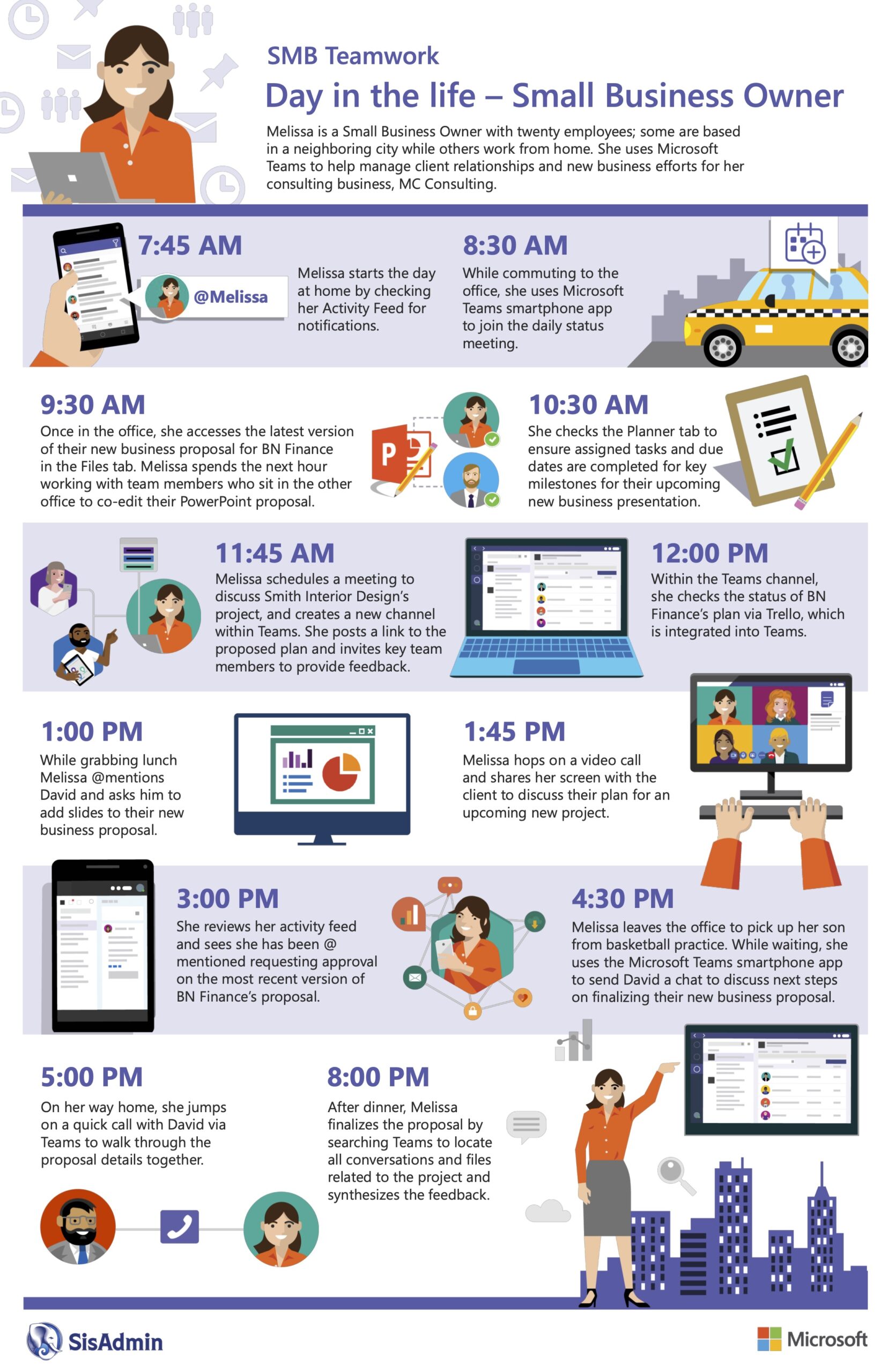
Microsoft blocks 1,000 malicious emails per second!
Microsoft’s recently revealed that more than 35.7 billion malicious emails were sent to its customers last year.
Fortunately for us, the tech giant blocked 1,000 of these malicious emails every second of 2021. That’s about 31.5 million seconds.
Many of these attempted attacks came in the form of phishing emails – where attackers attempt to trick us into clicking a link that will install malware onto a device or even across an entire network.
There were also 9.6 billion attempted brute force attacks stopped in their tracks. That’s where a hacker will attempt to guess login credentials to gain access to your data.
Microsoft is our knight in shining armor!
But while this is great news for those of us who rely on Microsoft’s applications on a daily basis, there’s still some work that all businesses need to do to tighten up security.
You see, although attackers are using simple methods, often they’re still effective. And that’s because both consumers and businesses are failing to protect their credentials properly.
Many people use the same passwords across multiple accounts and applications. Or they’re using common passwords that are easy to guess, as well as failing to use clever tools that help keep their data protected.
Are you guilty of this in your business?
If you are, the first thing you should do is introduce multi-factor authentication across the company.
This is a low-cost yet highly effective way to add an extra layer of security to all of your accounts and applications.
It works by generating a second, single-use login code for your accounts. This can be generated on, or sent to your phone so that only you can see it. Codes can sometimes be sent to email addresses, too.
When you’ve used the code to login, it becomes useless. So, if anyone else were to find it, it simply wouldn’t work for them. The next time you log into that account you’re sent a different login code to use.
You probably use something similar to log into your online banking. Really, you should use it for all accounts.
But don’t stop there. You should also look at additional security measures, such as:
- Password managers, which will create strong, impossible-to-guess passwords for all of your accounts, encrypt and store them securely
- Or biometric logins for devices, just like the Face ID you probably use on your phone
Can we help you create extra layers of security in your business? Just give us a call.
Published with permission from Your Tech Updates.

